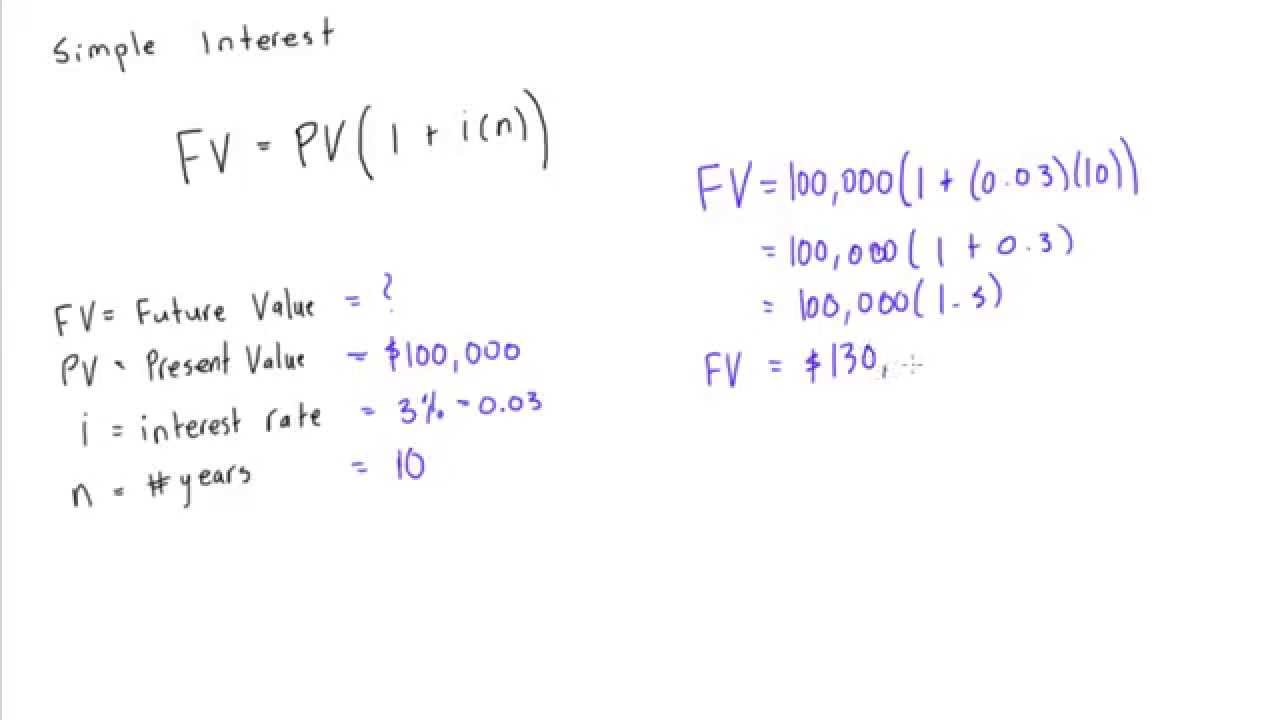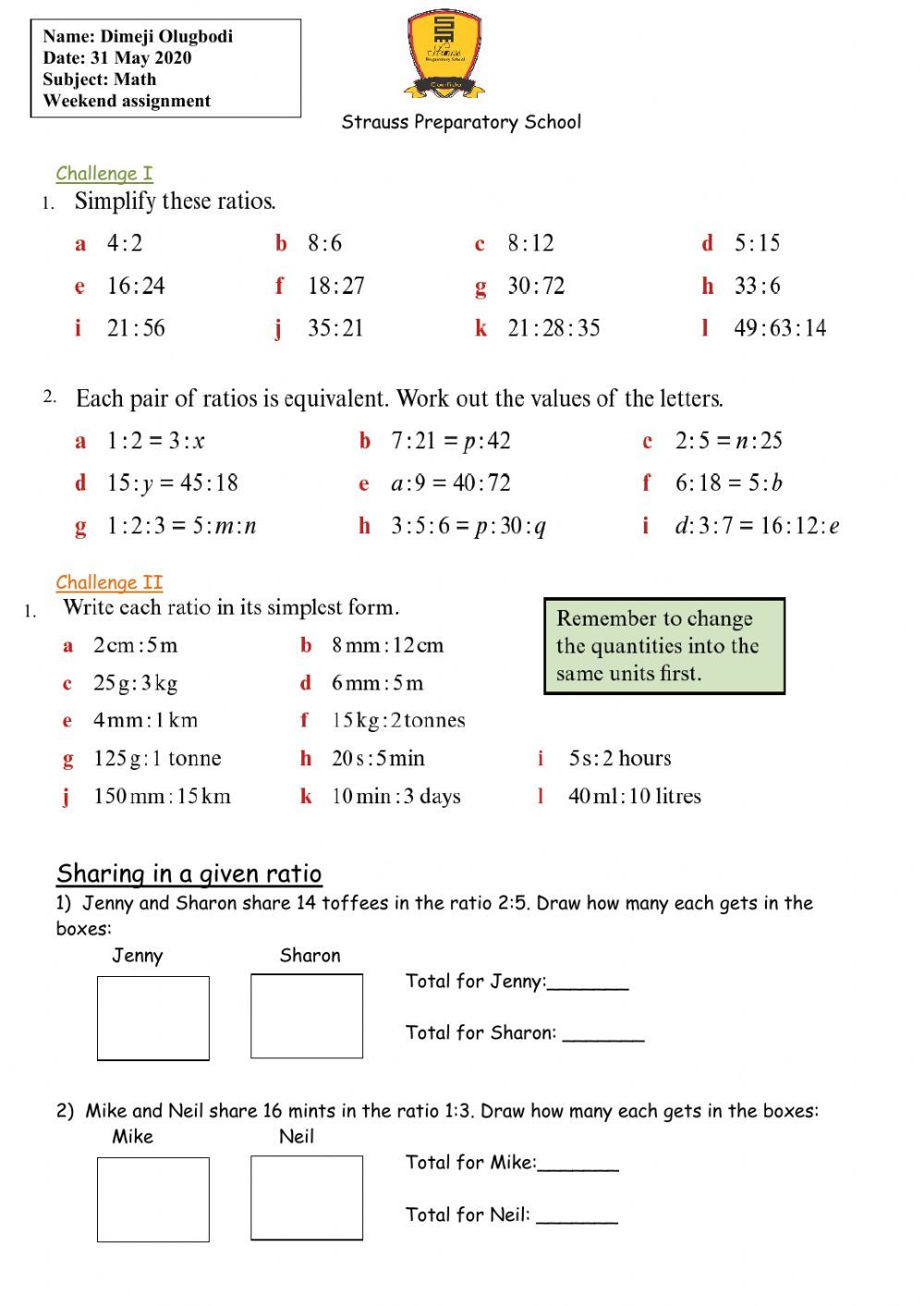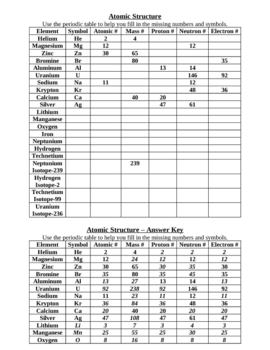7 Problem Solving Therapy Worksheets to Try
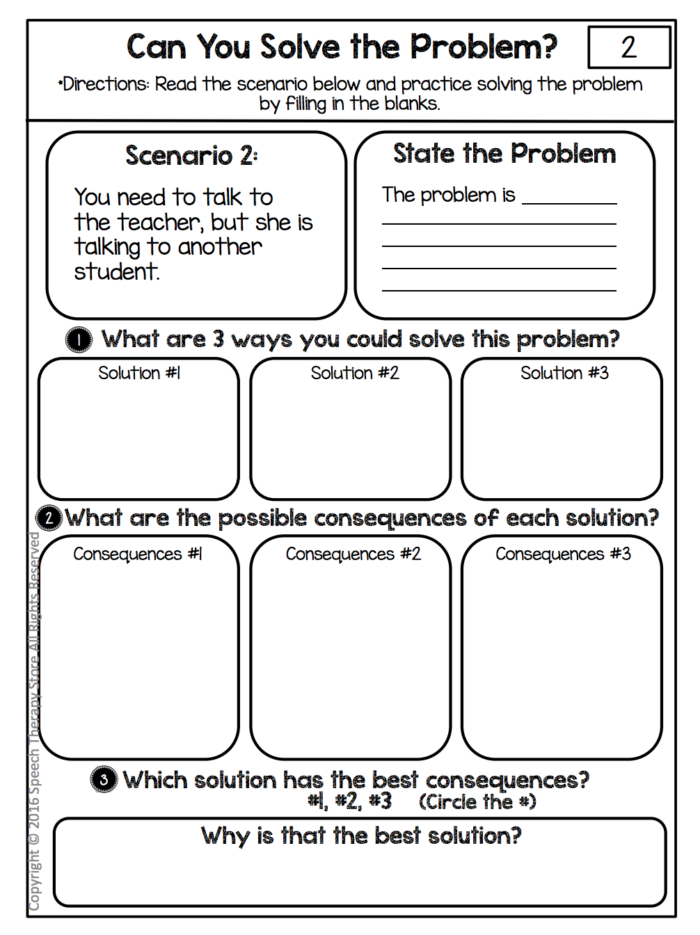
Unlock the Power of Problem-Solving Therapy with These 7 Worksheets
Problem-solving therapy (PST) is a goal-oriented approach that helps individuals manage problems and difficulties in their daily lives. By using a systematic approach, individuals can identify and challenge negative thought patterns, develop coping skills, and enhance their overall well-being. Worksheets are an essential tool in PST, as they provide a structured format for individuals to work through their problems and develop solutions. In this article, we will explore 7 problem-solving therapy worksheets that you can try to improve your problem-solving skills.
1. Problem Identification Worksheet
The first step in problem-solving therapy is to identify the problem. This worksheet helps individuals clarify their problems and identify the underlying issues.
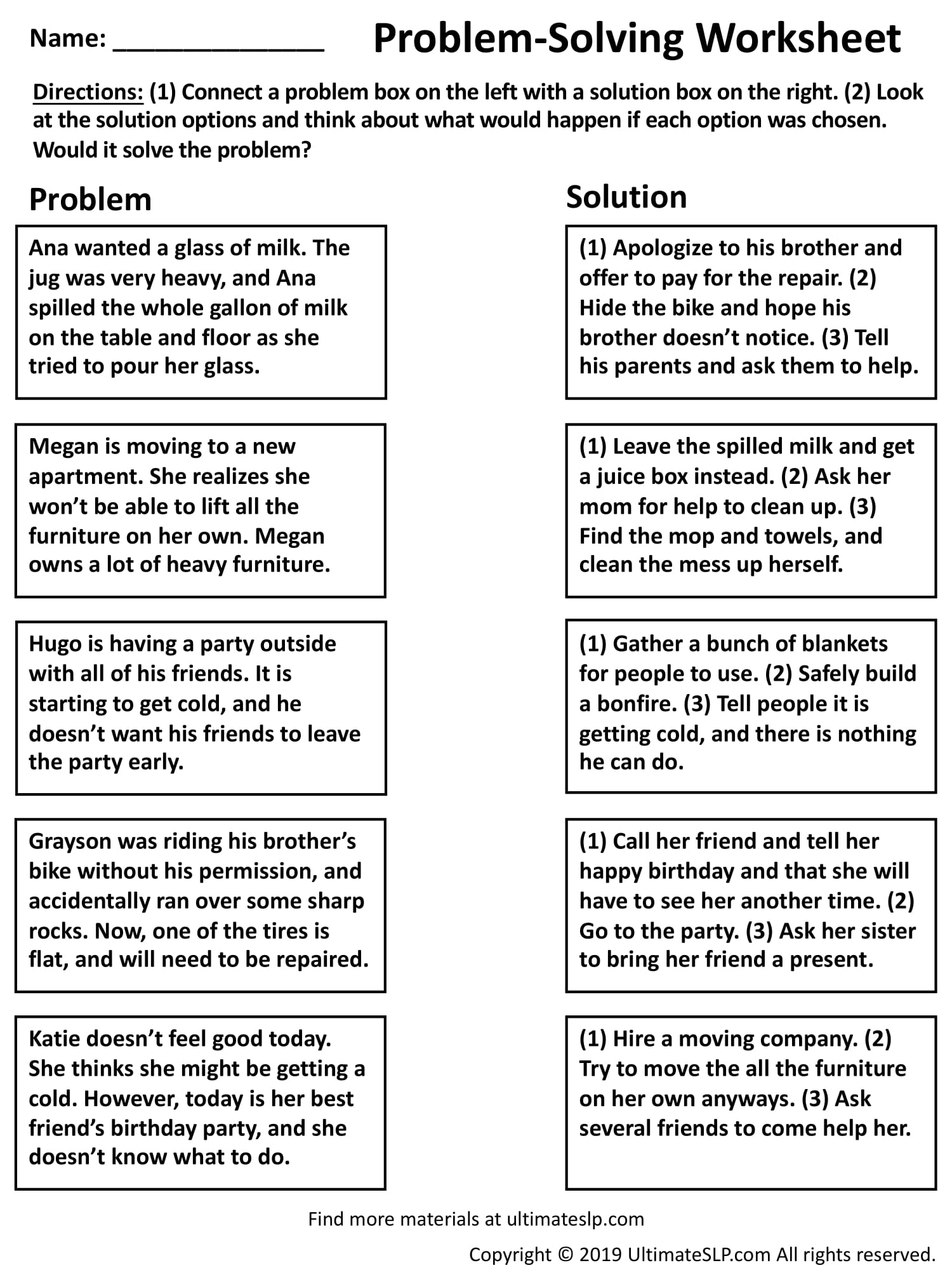
| Problem | Description | Emotions | Impact |
|---|---|---|---|
- Write down the problem you want to work on.
- Describe the problem in detail.
- Identify the emotions you experience when thinking about the problem.
- Describe the impact of the problem on your daily life.
2. Thought Record Worksheet
Negative thought patterns can exacerbate problems and make it challenging to find solutions. This worksheet helps individuals identify and challenge their negative thoughts.
| Situation | Thoughts | Emotions | Alternative Thoughts |
|---|---|---|---|
- Describe a situation that triggers negative thoughts.
- Write down your thoughts about the situation.
- Identify the emotions you experience.
- Challenge your negative thoughts by coming up with alternative, more balanced thoughts.
3. Problem-Solving Strategy Worksheet
This worksheet helps individuals develop a problem-solving strategy by identifying the problem, generating solutions, and evaluating the effectiveness of each solution.
| Problem | Solutions | Pros | Cons | Effectiveness |
|---|---|---|---|---|
- Write down the problem you want to work on.
- Generate a list of potential solutions.
- Identify the pros and cons of each solution.
- Evaluate the effectiveness of each solution.
4. Coping Skills Worksheet
Developing coping skills is essential for managing problems and difficulties. This worksheet helps individuals identify and develop coping skills.
| Coping Skill | Description | Effectiveness |
|---|---|---|
- Identify a coping skill you want to develop (e.g., deep breathing, exercise, mindfulness).
- Describe the coping skill in detail.
- Evaluate the effectiveness of the coping skill in managing problems.
5. Self-Esteem Worksheet
Negative self-talk and low self-esteem can exacerbate problems and make it challenging to develop solutions. This worksheet helps individuals identify and challenge negative self-talk.
| Negative Self-Talk | Challenging Statement | Evidence |
|---|---|---|
- Identify negative self-talk patterns.
- Challenge negative self-talk by coming up with alternative, more balanced statements.
- Provide evidence to support the challenging statement.
6. Values-Based Action Worksheet
Values-based action involves taking action towards valued life goals. This worksheet helps individuals identify and pursue valued life goals.
| Value | Goal | Action Steps | Obstacles |
|---|---|---|---|
- Identify a value you want to pursue (e.g., honesty, kindness, fairness).
- Set a specific goal related to the value.
- Develop action steps to achieve the goal.
- Identify potential obstacles and develop strategies to overcome them.
7. Self-Care Worksheet
Self-care is essential for managing problems and difficulties. This worksheet helps individuals identify and prioritize self-care activities.
| Self-Care Activity | Frequency | Importance |
|---|---|---|
- Identify self-care activities you enjoy (e.g., reading, exercise, spending time with friends).
- Evaluate the frequency of each self-care activity.
- Evaluate the importance of each self-care activity.
By using these problem-solving therapy worksheets, individuals can develop the skills and strategies needed to manage problems and difficulties in their daily lives. Remember, problem-solving therapy is a process that takes time and practice. Be patient, and don’t be afraid to seek help from a mental health professional if needed.
📝 Note: These worksheets are not a substitute for professional help. If you are struggling with mental health issues, please seek help from a qualified mental health professional.
As you work through these worksheets, remember that problem-solving therapy is a journey. Be kind to yourself, and don’t be afraid to make mistakes. With time and practice, you can develop the skills and strategies needed to manage problems and difficulties in your daily life.
What is problem-solving therapy?
+Problem-solving therapy (PST) is a goal-oriented approach that helps individuals manage problems and difficulties in their daily lives. PST involves identifying problems, generating solutions, and evaluating the effectiveness of each solution.
What are the benefits of problem-solving therapy?
+The benefits of problem-solving therapy include improved problem-solving skills, increased self-esteem, and enhanced overall well-being. PST can also help individuals develop coping skills and manage stress.
Can I use problem-solving therapy worksheets on my own?
+Yes, you can use problem-solving therapy worksheets on your own. However, it is recommended that you work with a mental health professional to ensure you are using the worksheets effectively and safely.
Related Terms:
- Problem Solving worksheet
- Problem solving therapy pdf
- Therapist aid
- Problem psychology
- Gratitude worksheet PDF
- Worksheet Goal Setting
